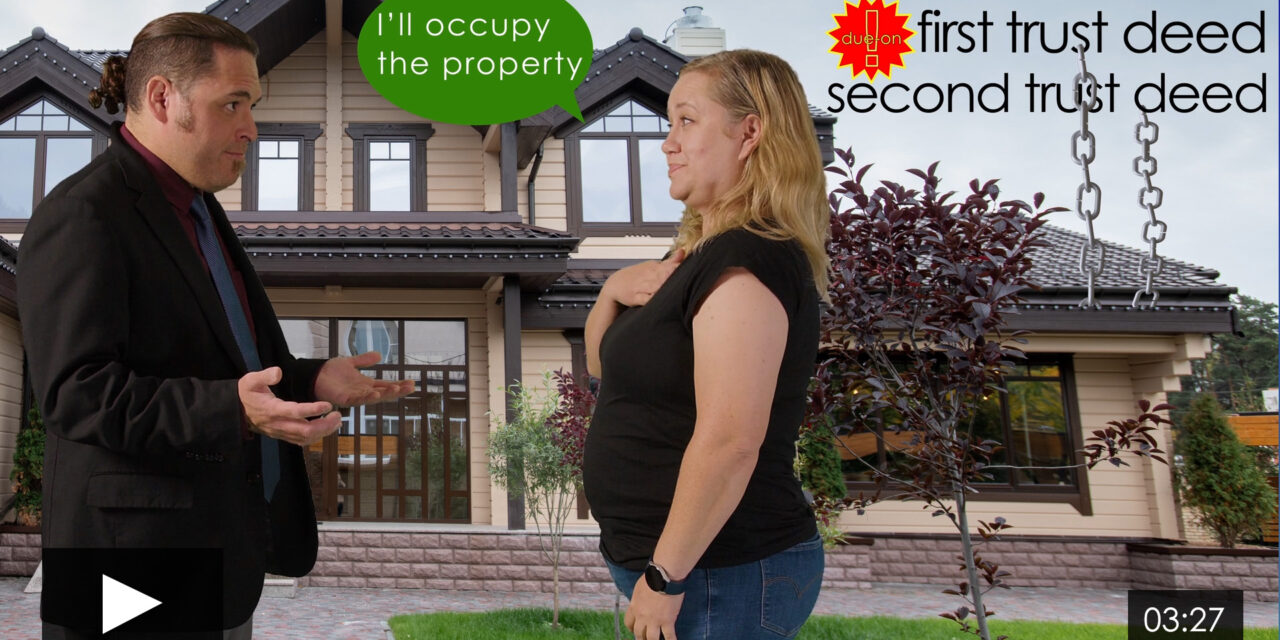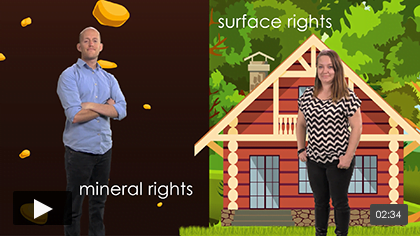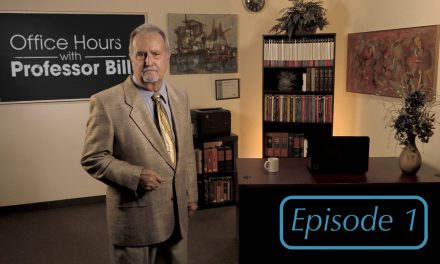This is the fifth episode in our new series dramatizing lender interference under the due-on clause in a trust deed during periods of rising interest rates. The prior episode covers triggering the due-on clause on a lease assignment or modification which extends the lease term beyond three years, or grants the tenant a purchase option.
This episode covers triggering the due-on clause on a further encumbrance of a property or foreclosure by a junior lienholder.
The next episode illustrates avoiding due-on enforcement on the death of an owner of a one-to-four unit residential property encumbered by an owner-occupant consumer-purpose mortgage, and due-on divorce and inter-family transfer exceptions.
Due-on-further encumbrance
Here, we’ll discuss further instances in which a mortgage holder may properly exercise the due-on clause in a trust deed – on a further encumbrance of a property or foreclosure by a junior lienholder.
Consider an owner-occupant of a single family residence (SFR) subject to a first mortgage. The first mortgage contains a due-on clause.
The owner applies for an equity loan to be secured by a second trust deed on their property.
The lender tells the owner they are concerned about due-on enforcement by the senior mortgage holder during times of rising rates. Here, the second trust deed lender is aware encumbering the property with a junior lien triggers the existing mortgage holder’s due on clause, unless the activity is exempt.
On inquiry, the owner informs the lender they will continue to occupy the property as their residence.
Will the equity loan in a subordinate position trigger the due-on clause in an existing mortgage?
No! So long as the owner continues to occupy the property, the second mortgage will not trigger the senior mortgage’s due-on clause. Due-on enforcement based on a further encumbrance of an owner-occupied, one-to-four unit residential property is not permitted. [12 Code of Federal Regulations §591.5(b)(1)(i)]
However, do note that this is a narrow exception and does not include a foreclosure by the junior lender. On real estate other than an owner-occupied, one-to-four unit residential property, any further encumbrance without first obtaining the existing mortgage holder’s consent and waiver of their due-on clause triggers the due-on clause. [See RPI Form 410]
Thus, junior financing in the form of an equity loan without a waiver of the senior mortgage’s due-on clause becomes a risky enterprise for private lenders in times of rising interest rates. Increasing market rates give mortgage holders an incentive to call mortgages on the transfer of any interest in the secured real estate — with the exceptions for of owner-occupied, one-to-four unit residential properties.
Due-on-foreclosure
Consider a parcel of real estate subject to a first and a second mortgage which the holder of the first mortgage previously consented to.
The property owner defaults on the first mortgage. The junior mortgage holder reinstates the first mortgage and forecloses on the second, acquiring the property at the trustee’s sale. At all times, the second mortgage holder keeps the first mortgage current and remains advised of the foreclosure proceedings.
On acquiring title at foreclosure, the junior mortgage holder advises the senior mortgage holder they are now the owner-by-foreclosure. The senior mortgage holder then informs the junior mortgage holder, now the owner of the property, that they are calling their mortgage due based on the transfer of the property by trustee’s deed — unless they are to receive points for an assumption of the mortgage and a modification of the note’s interest rate and payments to current market rates.
May the senior mortgage holder call their mortgage due based on the completion of foreclosure by the second mortgage holder?
Yes! A senior mortgage holder may call their mortgage due on completion of a foreclosure sale by a junior lien holder on any type of real estate.
Why? Well, a trustee’s deed on foreclosure is considered a voluntary transfer by the owner, since the power-of-sale authority in the junior mortgage was agreed to by the owner of the real estate.
The due-on clause is not only triggered by the voluntarily agreed-to trustee’s sale It is also triggered by any involuntary foreclosure, such as a tax lien sale, or a judgment lien foreclosure sale. [Garber v. Fullerton Savings and Loan Association (1981) 122 CA3d 423. Disclosure: the legal editor of this publication was an attorney in this case]
The risk of a senior mortgage holder enforcing their due-on clause on a trustee’s sale by the junior mortgage holder has a debilitating effect on the availability of junior mortgages and carryback sales during periods of rising mortgage rates.
Prudent lenders and sellers are unwilling to accept a junior position as it exposes them to paying off the principal balance on a senior mortgage when they are forced to foreclose on the real estate. [Saucedo v. Mercury Sav. & Loan Assn. 111 CA3rd 309 (Disclosure: the legal editor of this publication was the attorney of record for the owner in this case)]
The junior lender making payments on a senior mortgage to keep it current prior to the trustee’s sale does not waive the due-on clause triggered by the foreclosure sale under the junior lenders trustee’s sale.














